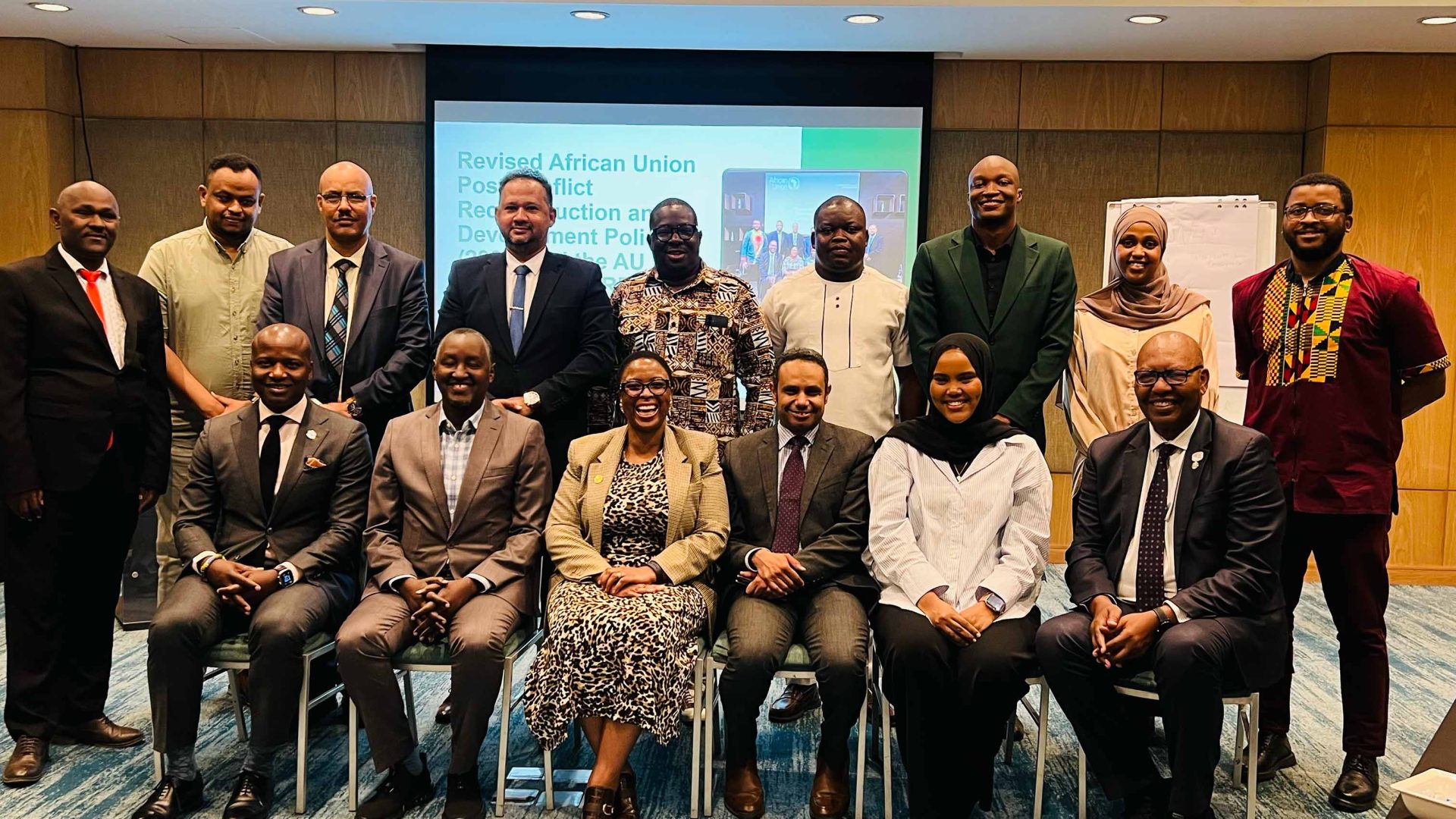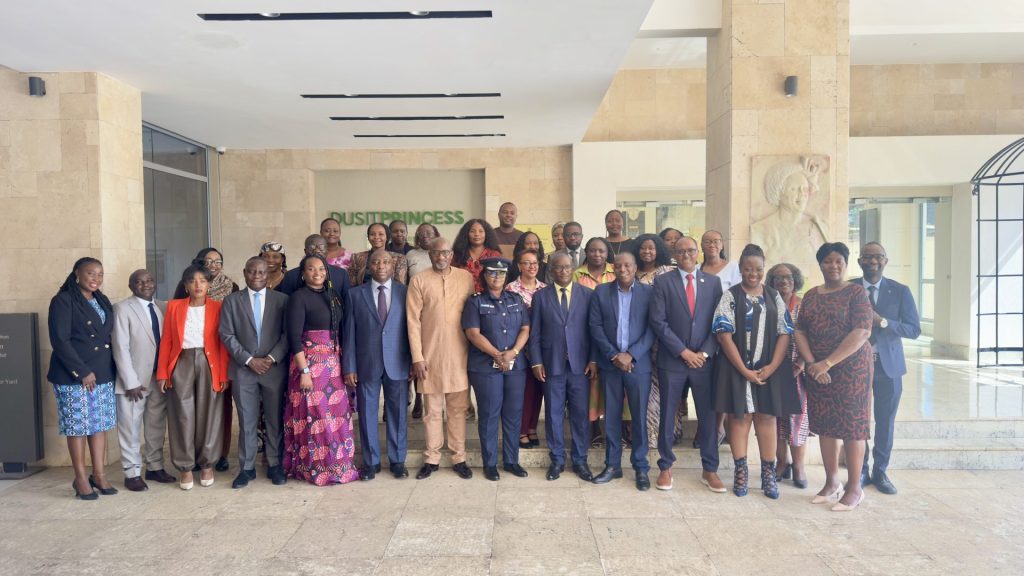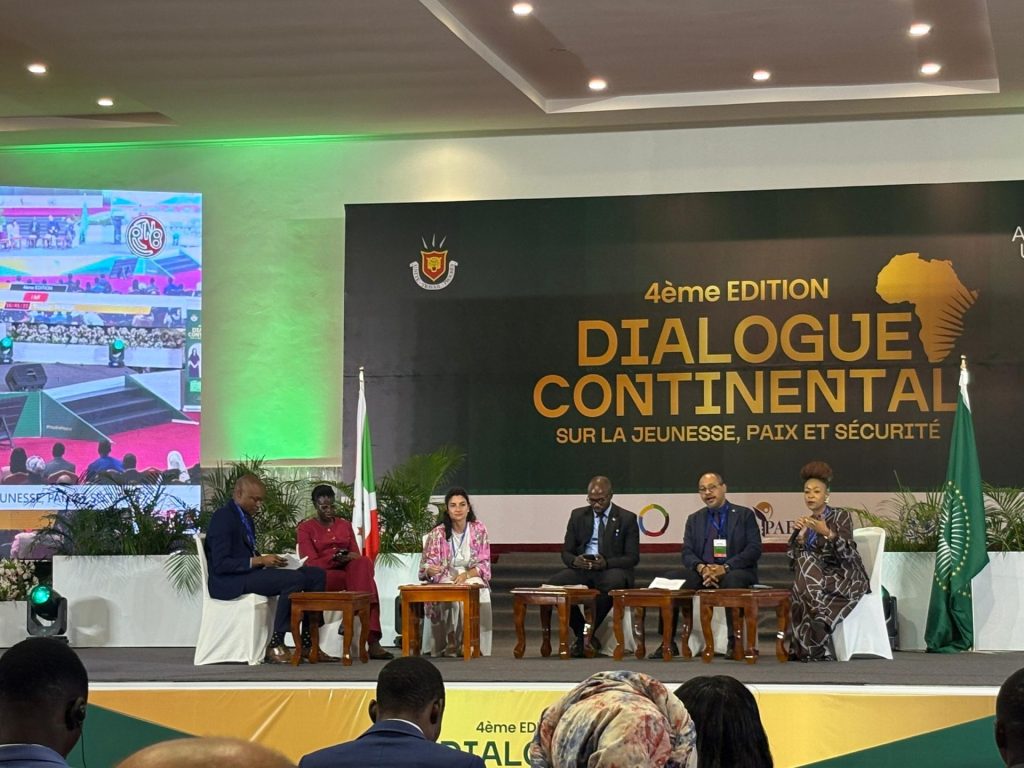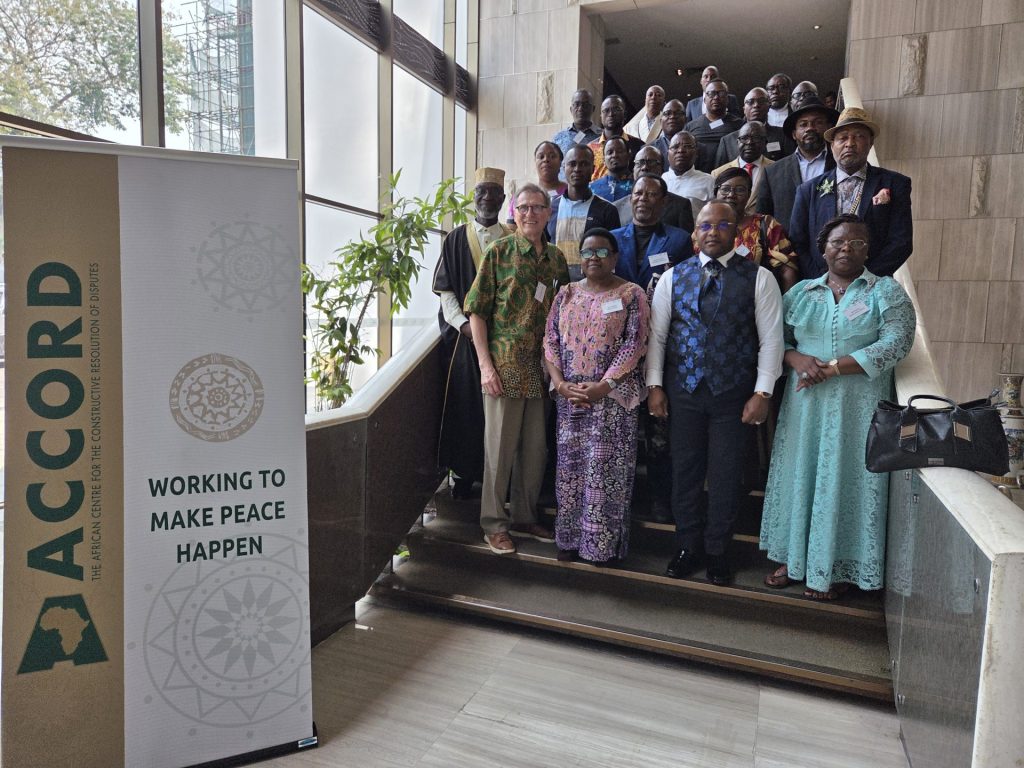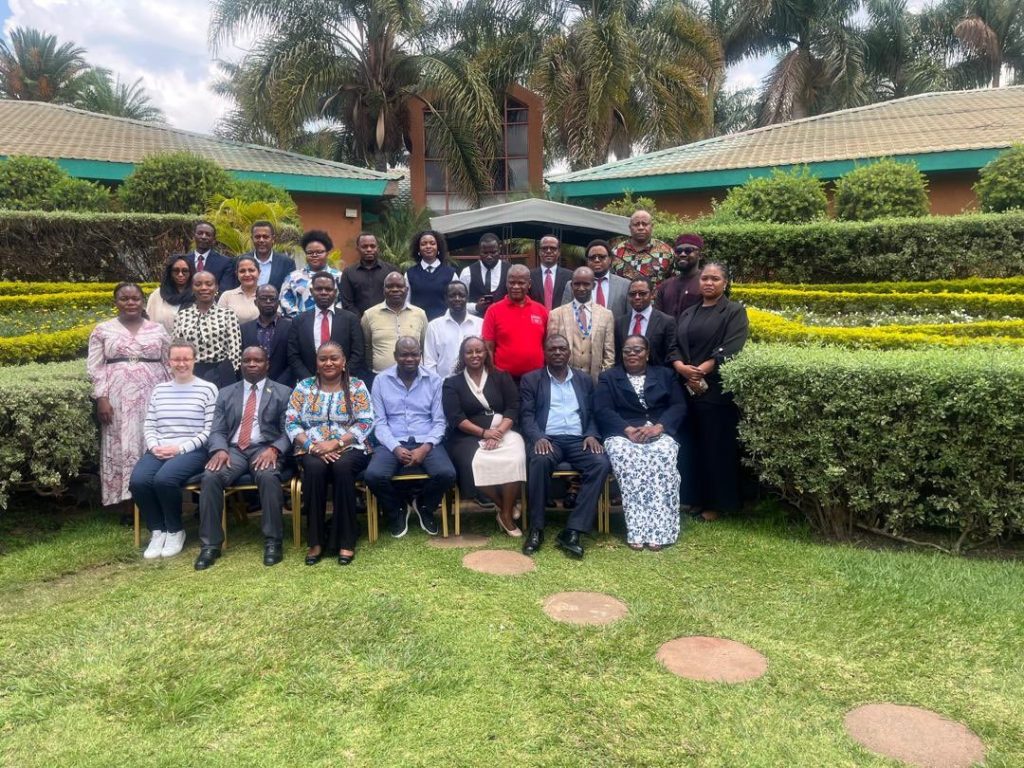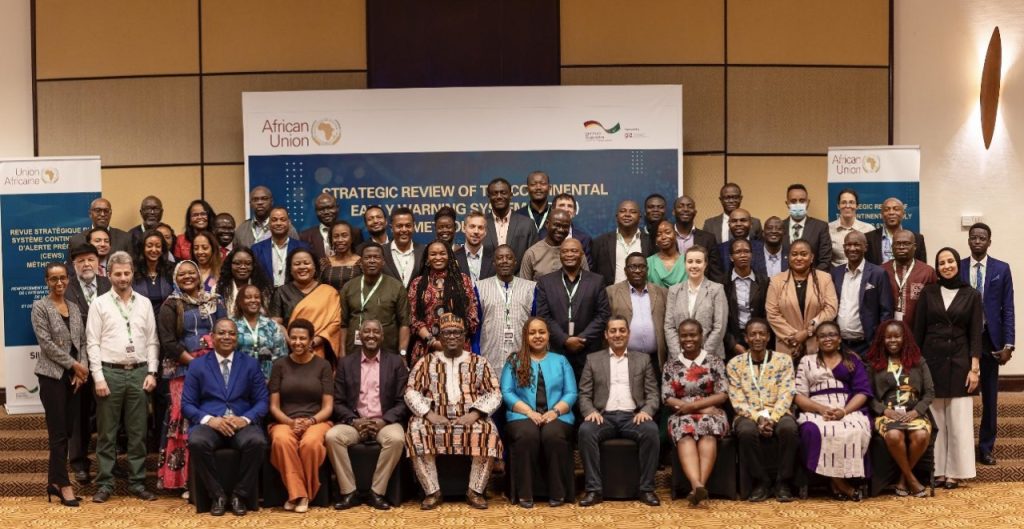The African Union (AU), Post-Conflict Reconstruction and Development (PCRD) Unit convened a three-day consultation workshop from 11 – 13 September 2025 in Kigali, Rwanda dedicated to discussing the Revised PCRD Policy. This gathering brought together Regional Economic Communities (RECs), Regional Mechanisms (REMs) and relevant stakeholders, reinforcing the AU’s commitment to advancing sustainable peace across the continent. This initiative aligns with ACCORD’s strategic objective of enhancing the institutional responses of the AU and RECs to complex conflicts.
The workshop provided an opportunity to reflect on nearly two decades of PCRD implementation since its inception in 2006. Participants highlighted significant milestones such as the establishment of the AU PCRD Centre in Cairo, the rollout of capacity-building programs in fragile states, and the successful delivery of Quick Impact Projects focused on water, sanitation, and social cohesion. There was a strong consensus on the urgency of accelerating PCRD implementation to stabilise societies and prevent conflicts from re-emerging, all while delivering peace dividends in line with Agenda 2063 and the Silencing the Guns initiative.
The second day of the workshop spotlighted the critical role of Think Tanks, RECs, and RMs in advancing the PCRD Policy. The Institute for Security Studies (ISS) highlighted emerging conflict dynamics; from urban protests and cross-border economies of violence to cyber-political disruption and geopolitical interference. COMESA showcased its “Trading for Peace” initiative, IGAD emphasised inclusive, needs-based interventions, while SADC reflected on lessons from its regional PCRD framework. The East Africa Standby Force and East African Community identified youth, volunteerism, and regional partnerships as key drivers of peacebuilding.
On the final day, discussions focused on collaboration, knowledge sharing, and practical pathways forward. Rwanda’s DDR model, COMESA’s cross-border trade initiatives, and IGAD’s inclusive platforms were presented as best practices to be replicated across regions.
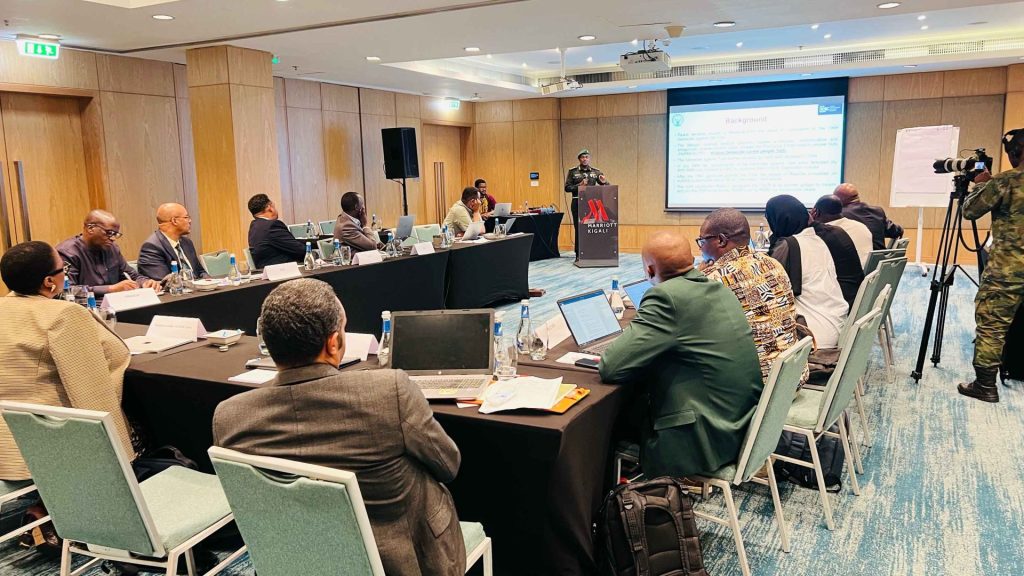
Emphasising the importance of integrating gender, youth, human rights, environmental sustainability, and psychosocial support into PCRD initiatives was a key takeaway.
The workshop concluded with a set of clear action points aimed at strengthening the implementation of the Revised AU PCRD Policy. Participants committed to enhancing monitoring and evaluation for Quick Impact Projects, improving coordination between AU organs, RECs, civil society organisations (CSOs), and diaspora actors. The discussions also underscored the need to mainstream the Humanitarian-Development-Peace nexus, scale up resource mobilisation—including diaspora contributions—and establish inclusive capacity-building programs.
The Kigali engagement reinforced multidimensional stakeholder collaboration, with participants reaffirming their commitment to aligning policies with the revised AU PCRD Policy. Through the deepening of partnerships and operationalising the triple nexus, the AU and its partners aim to deliver lasting peace dividends and build a resilient and integrated Africa.

